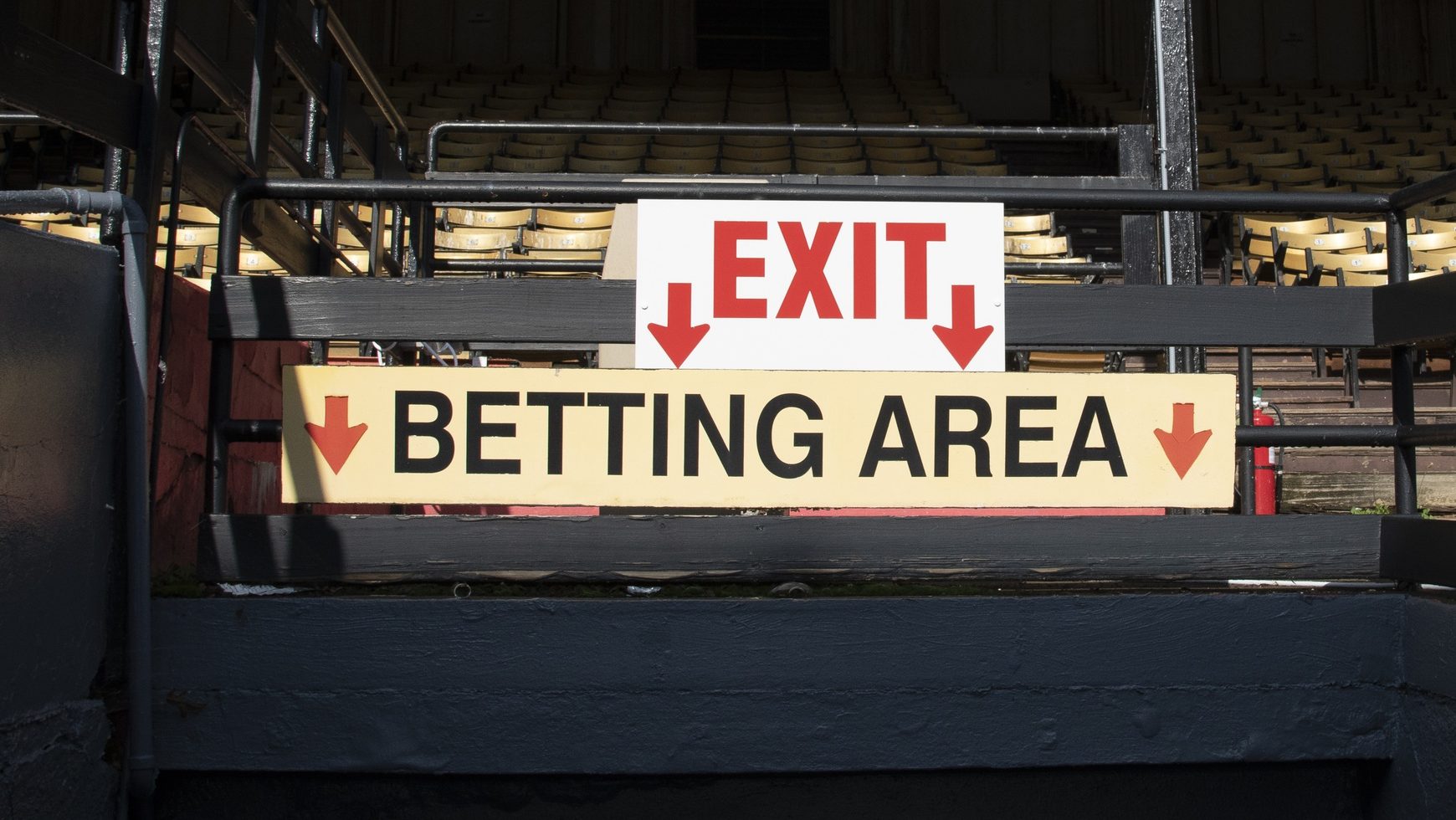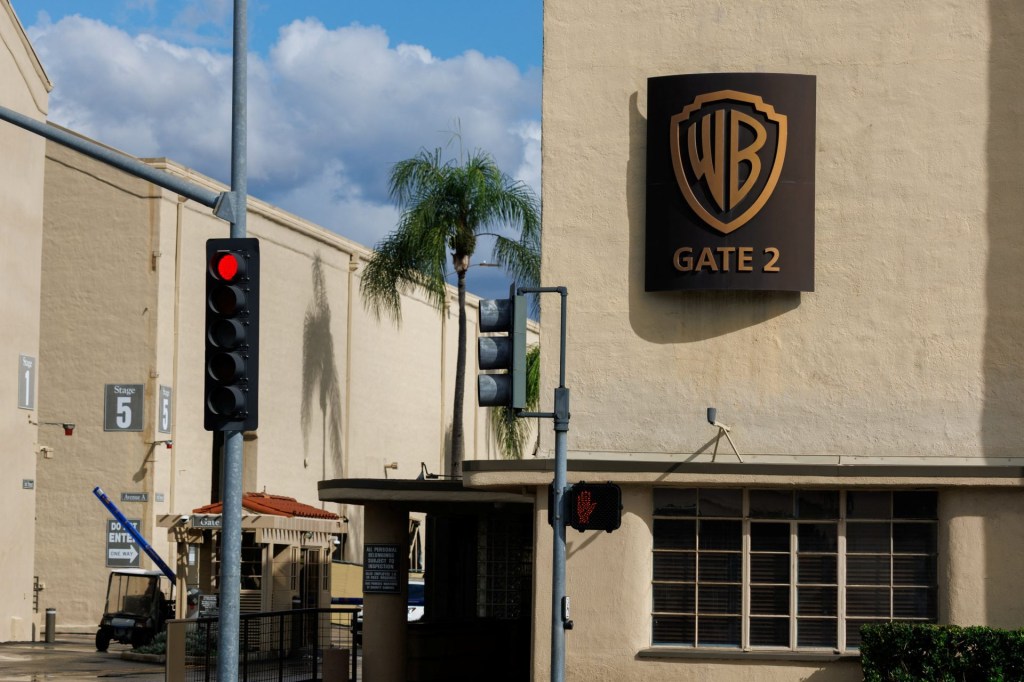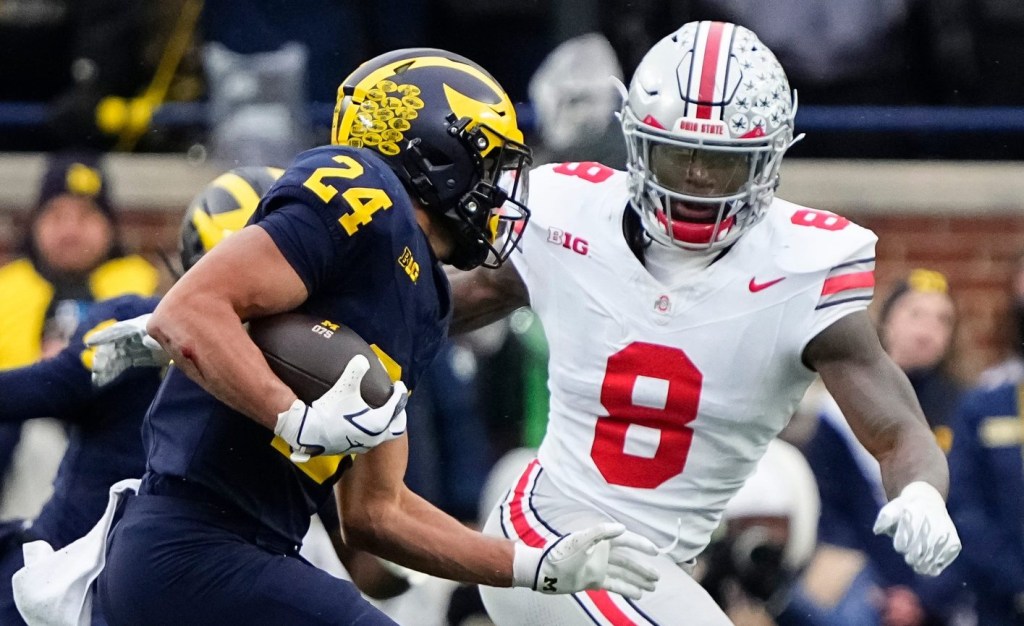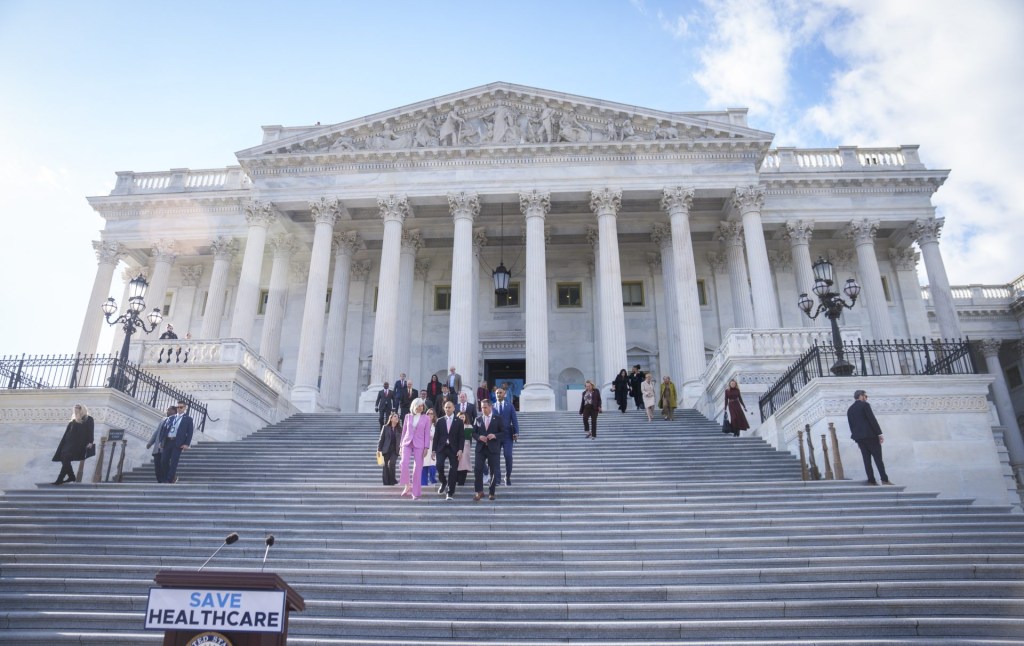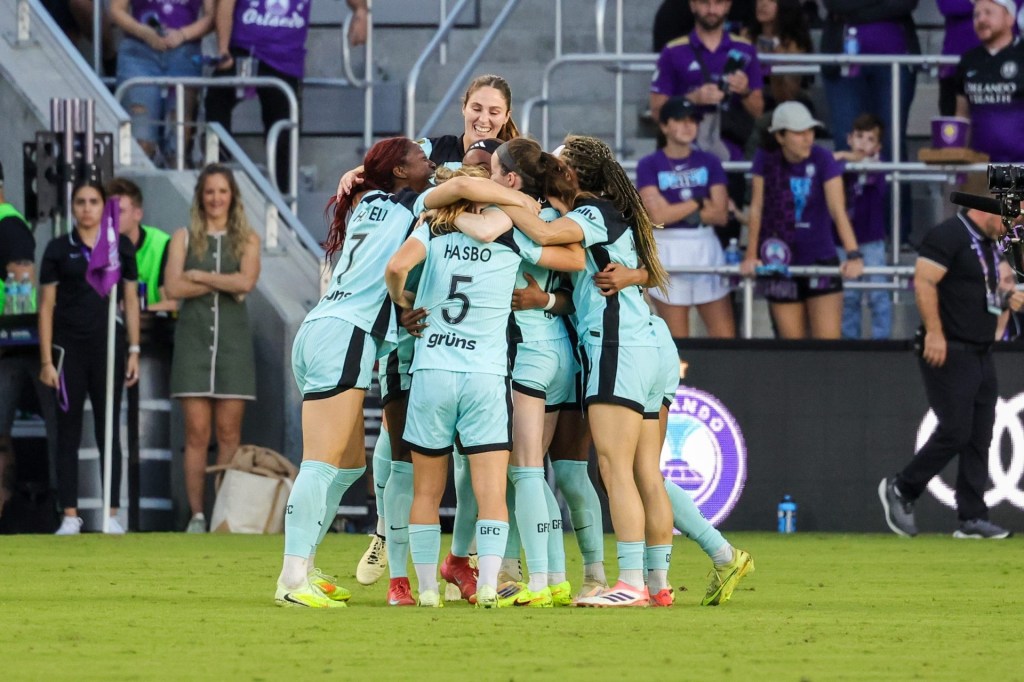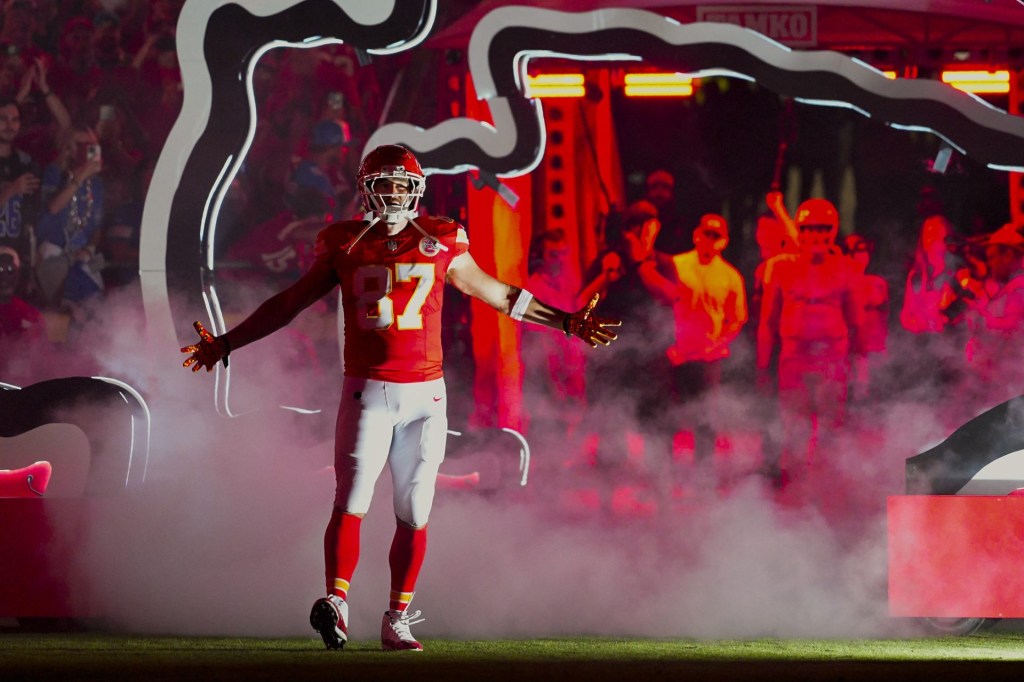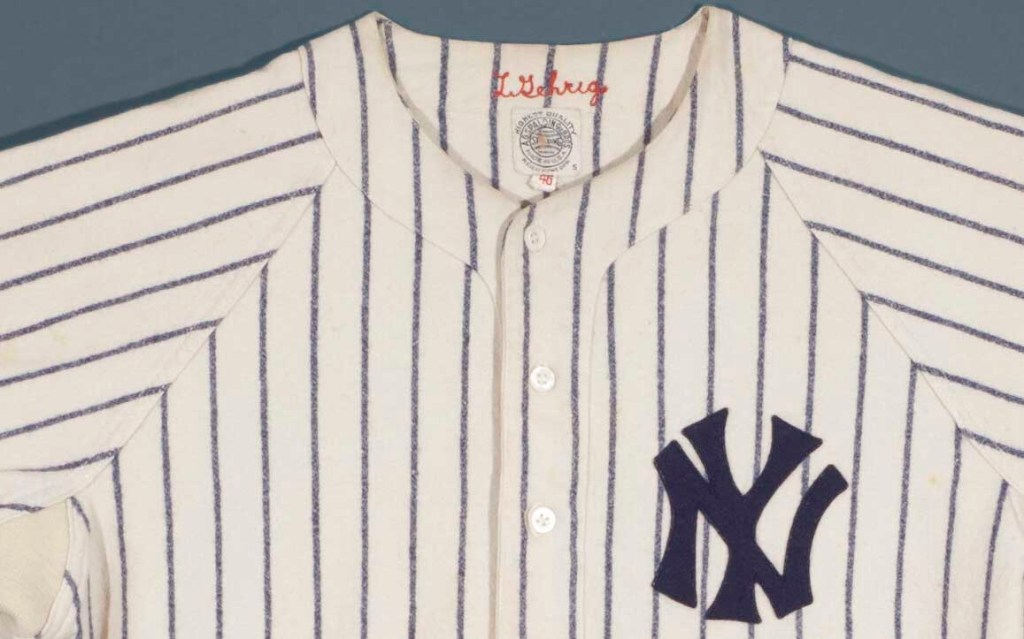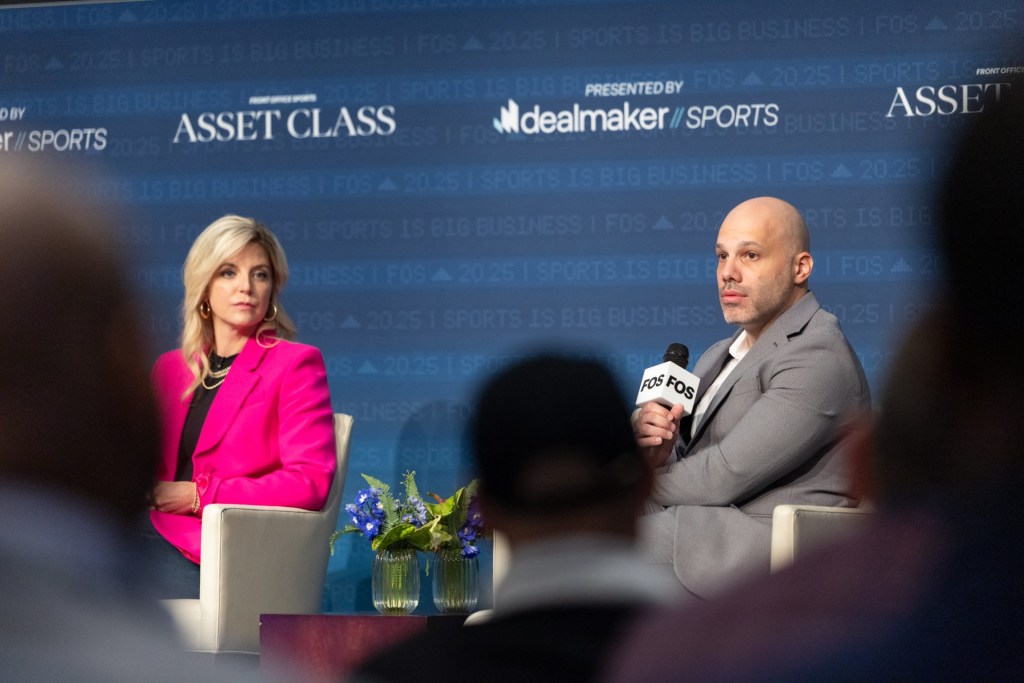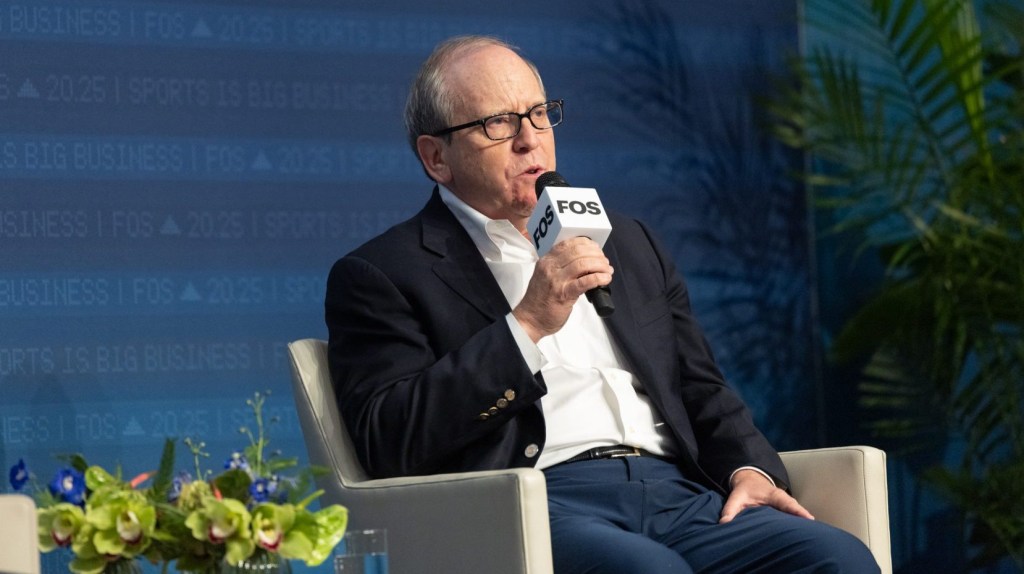Kalshi’s recent legal winning streak has come to an end with an early loss in its case against Maryland’s gaming regulator, but the prediction markets start-up hit right back with an appeal.
A federal judge in Maryland on Friday denied Kalshi’s request to stop the Maryland Lottery and Gaming Control Commission from blocking Kalshi from offering its sports event contracts in the state, ruling that Kalshi must comply with state gambling regulations.
U.S. District Judge Adam B. Abelson was clear in a 30-page ruling that he does not agree there is a clear distinction between Kalshi’s sports event contracts and sports betting.
Kalshi has argued that typical wagers placed have users betting against “the house”—casinos or sportsbooks like DraftKings or FanDuel, which set the odds and profit when bettors lose—while Kalshi operates a nationwide marketplace where users are trading against one another.
Judge Abelson explicitly referred to the “sports gambling portion” of Kalshi’s platform, noted the company has not successfully shown a “likelihood of success on the merits” and said “the courts and Congress have long recognized states’ authority to regulate gambling conducted within their borders.”
The dispute between Kalshi and the Maryland regulator dates back to April, when the latter issued a cease-and-desist letter demanding the former stop offering sports event contracts in the state. In response, Kalshi sued, arguing—as it has successfully argued in separate cases against regulators in Nevada and New Jersey—that it falls under the “exclusive” jurisdiction of the Commodity Futures Trading Commission. Kalshi claims the CFTC’s authority supersedes that of state regulators through a law called the Commodity Exchange Act, which regulates the trading of commodities like grains and oil, but also less obvious commodities, such as sports when considered in a trading context.
Following Judge Abelson’s ruling—under which Kalshi is not technically allowed to continue offering sports event contracts in Maryland—Kalshi immediately filed a notice of appeal to the Fourth Circuit, and separately asked the Maryland federal court to consider an immediate injunction that would allow it to continue operating in the state pending its appeal.
Kalshi says an immediate injunction is warranted for multiple reasons, including that complying with the order would be “impossible” because Kalshi would need to implement geolocation to be able to block users in Maryland, something it says would “at minimum, take months and cost tens of millions of dollars.”
On Monday, Kalshi informed the court that attorneys for the Maryland Lottery and Gaming Control Commission said the regulator has agreed to hold off on any enforcement until after a status conference that the parties intend to request be held Aug. 13.
That means Kalshi can continue in Maryland until at least that date.
The ruling comes as M&A activity in the prediction markets space is expected in time for the football season, the busiest time of year for sports betting.
In June, Front Office Sports reported that FanDuel and Kalshi have held discussions about a deal that would include various betting efficiencies. In July, FOS reported that DraftKings was in talks to buy Railbird Exchange, an upstart prediction markets platform that recently gained federal licensure.
A source familiar with the matter now tells FOS that DraftKings is expected to announce a prediction-markets-related partnership of some kind—which may or may not be related to the reported Railbird talks—as soon as next week.
Some deal activity has already taken place. Polymarket, another prediction markets operator, is poised to join Kalshi as an officially licensed operator in the U.S. after buying the QCX exchange, a small derivatives exchange that was recently regulated by the CFTC, a federal regulator.
Kalshi first launched its sports event contracts in January. Users can “trade” on the outcomes of sporting events, such as what Giannis Antetokounmpo’s next team will be, or whether a Canadian team will win the Stanley Cup Final before the 2031 season.
Last month, Kalshi touted that more than $2 billion had been traded across its sports event contracts since launch.
In addition to lawsuits Kalshi filed against state regulators in Maryland, Nevada, and New Jersey, the company has been hit with cease-and-desists from four other states: Arizona, Illinois, Montana, and Ohio. It has also been sued by three Native American tribes in California, and faces five state court lawsuits that all cite versions of the Statute of Anne, a centuries-old provision that voids certain gambling debts and allows third parties to sue for damages if the original bettor fails to act within six months.
Representatives for Kalshi and the Maryland regulator declined to comment.
